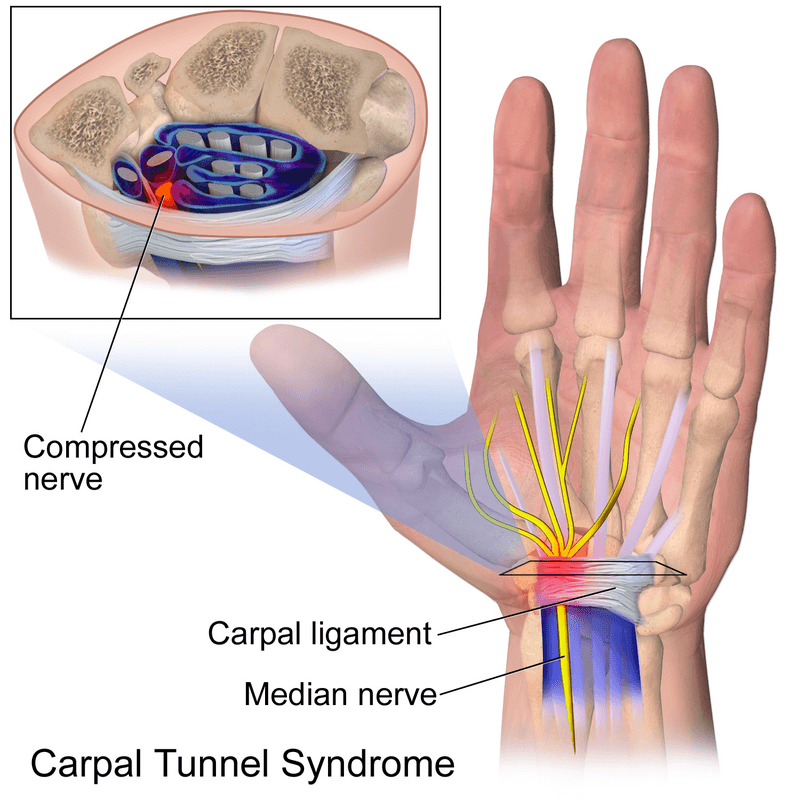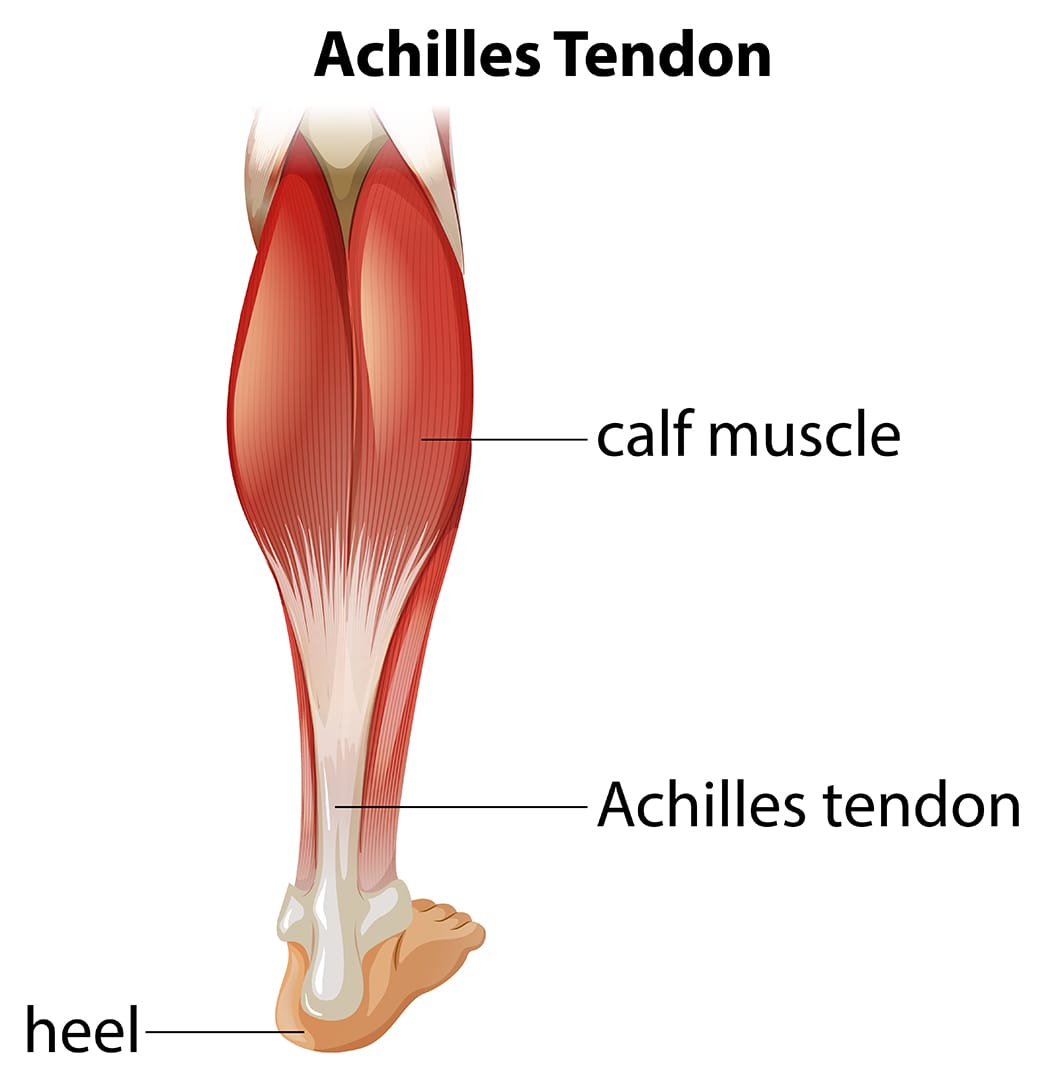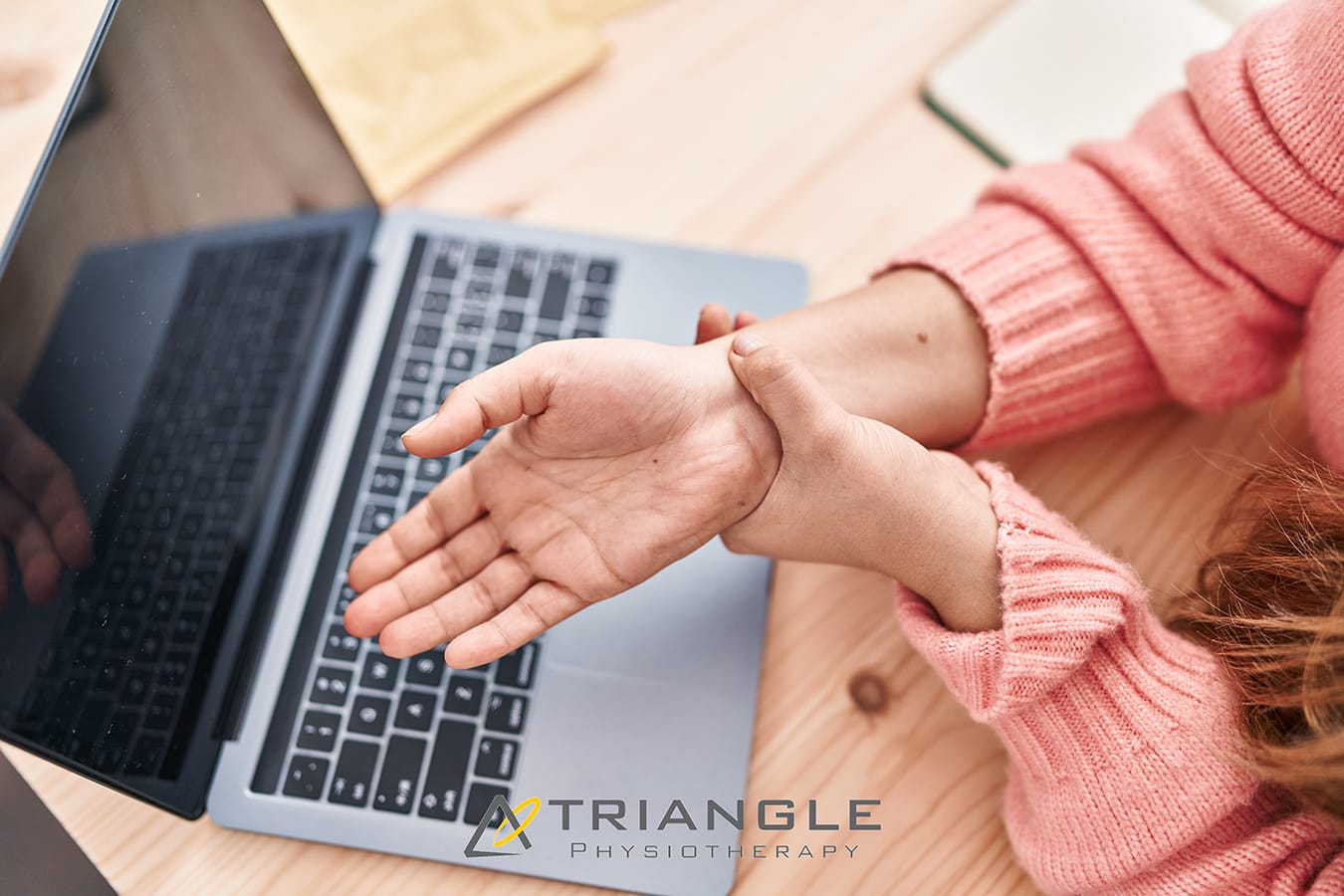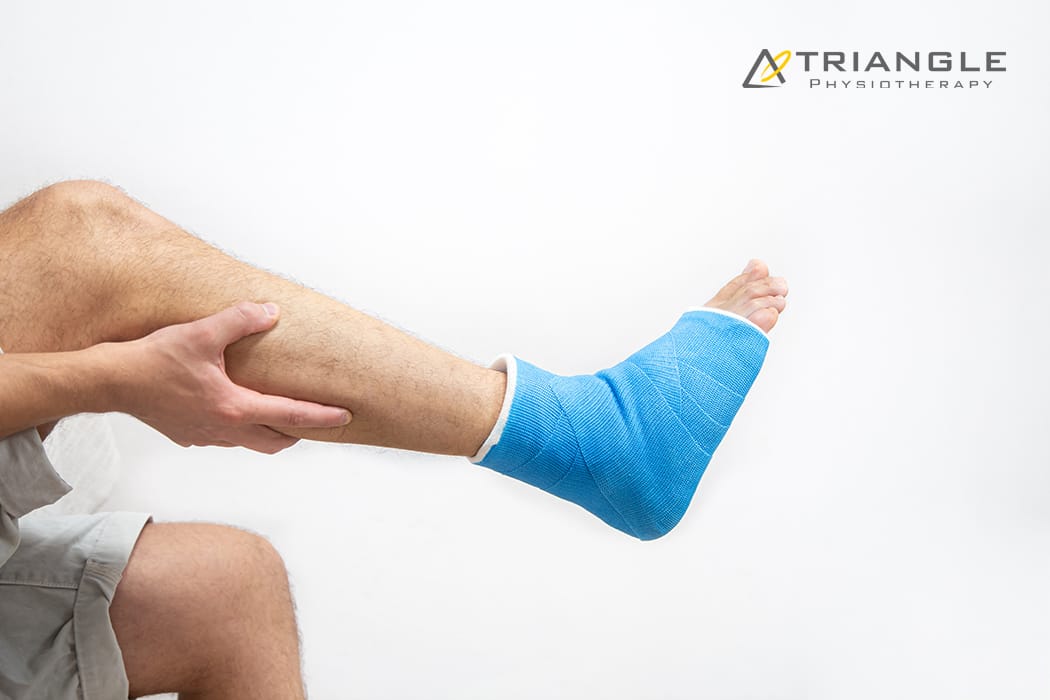Carpal tunnel syndrome (CTS) is a common condition that affects many individuals, often causing pain, numbness, and tingling in the hand and arm. If you’ve undergone carpal tunnel decompression surgery to alleviate these symptoms, you might be wondering about the next steps in your recovery journey.
One crucial aspect of postoperative care is physiotherapy. In this blog post, we’ll explore how physiotherapy can aid in your recovery after carpal tunnel surgery and what you can expect from the process, especially if you’re seeking physiotherapy in Oakville.
Understanding Carpal Tunnel Decompression Surgery
What is Carpal Tunnel Syndrome?

Carpal tunnel syndrome occurs when the median nerve, which runs from the forearm into the palm of the hand, becomes compressed at the wrist. This can result from various factors, including repetitive hand movements, wrist anatomy, or underlying health conditions.
Surgical Intervention
When conservative treatments like splinting, anti-inflammatory medications, or steroid injections fail to relieve symptoms, carpal tunnel surgery might be recommended. The procedure involves cutting the ligament that is pressing on the median nerve, thereby reducing pressure and alleviating symptoms.
The Role of Physiotherapy in Recovery
Initial Post-Surgery Phase
Immediately after surgery, the focus is on wound care, pain management, and preventing infection. During this period, your wrist and hand might be immobilized to promote healing. Physiotherapy often begins shortly after this initial phase.
Benefits of Physiotherapy
- Pain Relief: Physiotherapy can help manage postoperative pain through various techniques such as manual therapy, ice application, and ultrasound therapy.
- Reducing Swelling: Techniques like lymphatic drainage and specific exercises can help reduce swelling in the wrist and hand.
- Restoring Mobility: Gentle exercises and stretches are introduced to restore the range of motion in the wrist and fingers.
- Strengthening Muscles: Gradual strengthening exercises are crucial to rebuild the muscles weakened by surgery and inactivity.
- Scar Management: Physiotherapists can use techniques to minimize scar tissue formation and improve the flexibility of the scar.
- Functionality Restoration: The ultimate goal is to help you return to your normal daily activities without pain or limitation.

Typical Physiotherapy Regimen
- Assessment: Your physiotherapist will assess your specific condition, including the range of motion, strength, pain levels, and any functional limitations.
- Custom Exercise Program: Based on the assessment, a tailored exercise program will be designed. This may include:
- Range of Motion Exercises: Gentle stretching to improve flexibility.
- Strengthening Exercises: Using resistance bands or light weights to strengthen hand and wrist muscles.
- Nerve Gliding Exercises: To enhance the mobility of the median nerve.
- Manual Therapy: Hands-on techniques to mobilize joints and soft tissues, reduce pain, and improve function.
- Education: Learning about ergonomics and proper hand use to prevent recurrence or further injury.
Physiotherapy in Oakville
If you are based in Oakville, you have access to a range of skilled physiotherapists who can guide you through your recovery. Triangle Physiotherapy in Oakville is known for its comprehensive and patient-centered approach, ensuring that each individual receives personalized care tailored to their specific needs.
Triangle Physiotherapy in Oakville emphasizes the importance of a tailored exercise program, which includes range of motion exercises, strengthening routines, and nerve gliding techniques. The physiotherapists here are experienced in scar management and manual therapy, ensuring a holistic approach to your recovery.
How Long Will Physiotherapy Last?
The duration of physiotherapy varies depending on the severity of your condition, the extent of the surgery, and your individual response to treatment. On average, patients may undergo physiotherapy for several weeks to a few months. Regular follow-up sessions will track progress and adjust the treatment plan as needed.
Get started on your journey to recovery with the help of our talented physiotherapists in Oakville.
At Triangle Physiotherapy in Oakville, our team is skilled in evaluating each person’s unique needs to create a customized treatment plan. We ensure that your physiotherapy program provides comprehensive care, addressing all possible issues.
Call us at 905.257.3334 to book an appointment or request an appointment online HERE.
“After carpal tunnel surgery, it’s important to receive the right rehabilitation care. Triangle Physiotherapy is here to help you recover with specialized services across the GTA. Our clinics offer Physiotherapy in Etobicoke, Oakville, North York, Toronto, Lawrence Park, Queens Quay, Erin Mills, Mississauga, and Liberty Village. Let our expert team guide you through your post-surgery recovery for the best possible outcomes.”
If you have had achilles tendon repair surgery or are scheduled for a procedure, you are likely going to need post-surgery rehabilitation to recover completely. It is also advisable to do physiotherapy pre-surgery to maximize the outcomes of the surgery. This is also known as prehab or pre-surgery rehab. At Triangle Physiotherapy, our physiotherapists are skilled and experienced at helping their patients reach their optimal level of recovery. If you’re looking for expert guidance in post-surgery rehab near you or post-operative physiotherapy in Toronto, you’ve come to the right place.
Achilles tendon injuries are common, particularly among athletes and active individuals. The Achilles tendon, the largest and strongest tendon in the body, connects the calf muscles to the heel bone, playing a crucial role in walking, running, and jumping. When this tendon is torn or ruptured, Achilles repair surgery is often necessary. However, surgery is only the first step toward recovery. Effective rehabilitation is essential for restoring function, strength, and mobility. In this blog, we’ll guide you through the stages of Achilles repair surgery rehab, providing insights and tips to ensure a successful recovery.

Understanding Achilles Tendon Injuries
What is the Achilles Tendon?
The Achilles tendon is a band of fibrous tissue that links the calf muscles to the heel bone. It enables activities that involve pushing off the foot, such as running and jumping.
Common Causes of Achilles Tendon Injuries
- Overuse: Repetitive stress from activities like running can lead to micro-tears.
- Sudden Increase in Activity: Rapid changes in activity levels can strain the tendon.
- Trauma: Direct impact or sudden, forceful movement can cause a rupture.
- Age and Degeneration: As people age, tendons become less flexible and more prone to injury.
Achilles Repair Surgery
Goals of Surgery
- Reattach the torn ends of the tendon.
- Restore the tendon’s length and tension.
- Enable the patient to return to their pre-injury level of activity.
Tips for a Successful Rehab
- Consistency: Adhere to the rehab program and attend all physiotherapy sessions.
- Listen to Your Body: Avoid pushing through pain; inform your therapist of any discomfort.
- Nutrition: Maintain a balanced diet to support tissue repair and overall health.
- Patience: Recovery takes time; focus on gradual progress rather than rushing the process.
Rehabilitating after Achilles repair surgery is a structured and multi-phased process that requires dedication and guidance from skilled physiotherapists. At Triangle Physiotherapy, we are committed to providing personalized rehabilitation programs to ensure our patients achieve optimal recovery and return to their active lifestyles. If you’ve undergone Achilles repair surgery or are scheduled for one, contact us to learn how our expert team can support you through every step of your recovery journey.
For those searching for physiotherapy in Toronto, post-surgery rehab in Toronto, or post-operative physiotherapy in Toronto, we offer comprehensive services tailored to your needs.
For more information or to schedule an appointment, or call us at 416.203.8622. Let us help you get back on your feet stronger and healthier.
“Recovering from Achilles repair surgery requires expert care and guidance. Triangle Physiotherapy offers comprehensive rehabilitation services at several locations across the GTA. Visit our clinics for Physiotherapy in Etobicoke, Oakville, North York, Toronto, Lawrence Park, Queens Quay, Erin Mills, Mississauga, and Liberty Village to ensure a smooth and effective recovery journey with the help of our specialized physiotherapy team.”



